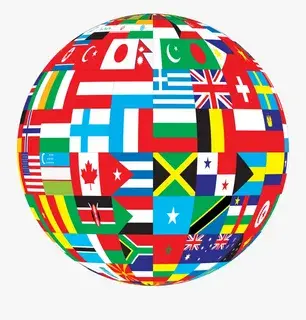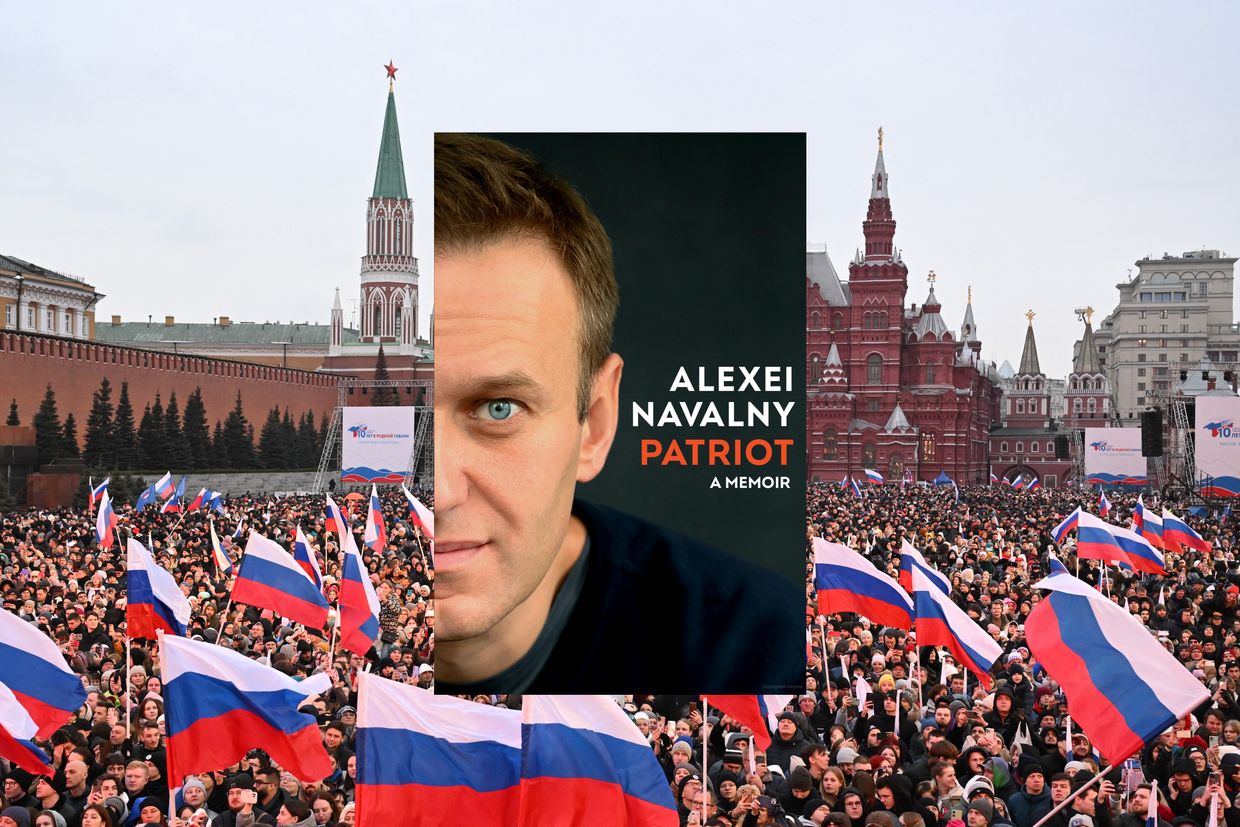Navalny’s memoir, “Patriot,” which he began writing in Germany after recovering from being poisoned by a Novichok nerve agent in 2020 and continued writing during his imprisonment by smuggling out the notebooks through his lawyers, was released posthumously in English translation on Oct. 22. Its publication has sparked a new wave of accolades for the former opposition leader, who died on Feb. 16 in one of Russia’s most notorious penal colonies.
. . .
From prison, Navalny condemned the full-scale war against Ukraine and acknowledged it was unprovoked, directly challenging Putin’s narrative that justifies the aggression through claims of NATO expansion and the need to protect Russia’s “sphere of influence.”
. . .
At the same time, Navalny also used words like “fratricidal” to describe the war and wrote that “the reasons for (it) are the political and economic problems within Russia, Putin’s desire to hold on to power at any cost, and his obsession with his own historical legacy,” which ultimately overlooks the genocidal intent behind it, such as the destruction of Ukrainian cultural sites, the forced relocation of thousands of Ukrainian children to Russia, and “re-education” programs implemented by occupation authorities.



In the ’90s*